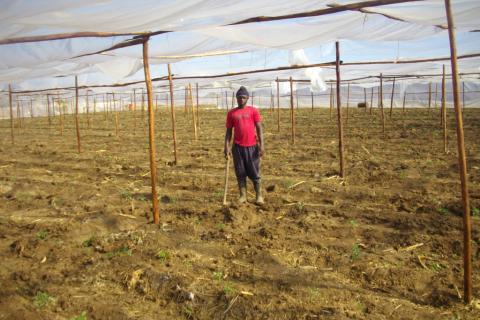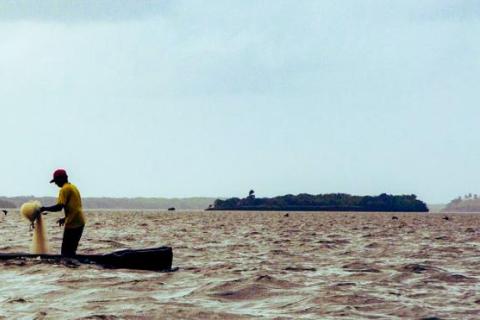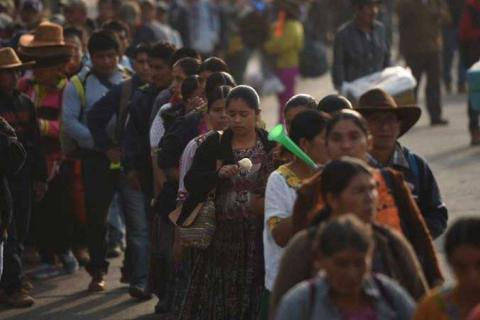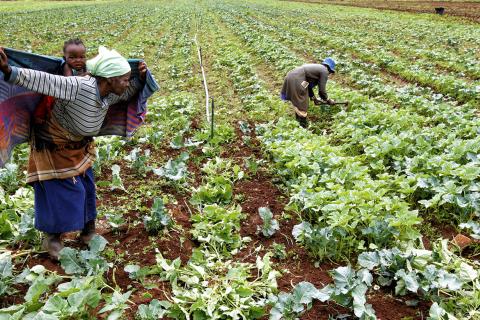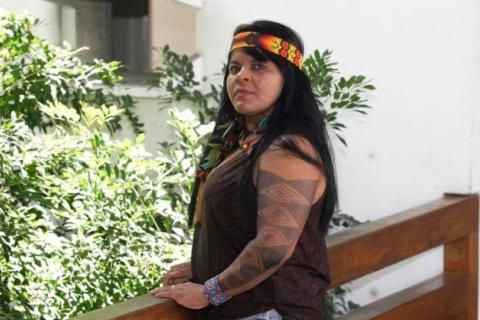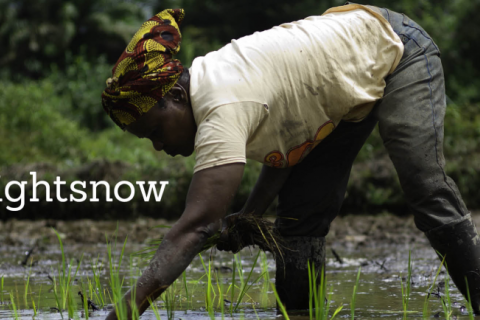Scaling bottom-up or community-based initiatives towards fair and inclusive land governance
This panel session reflected on the definition of ‘scaling-up’ with experts from the field bridging experiences from the ground to the theoretical concept of scaling. The focus lied on scaling for increased tenure security – geographically and/or institutionally. Reflections were given on what was scaled, why, how scaling unfolds and what has been learned – in the field of land governance. The session was organized by LAND-at-scale. Scaling is at the heart of both the name as well as the strategy of the LAND-at-scale program (LAS).



